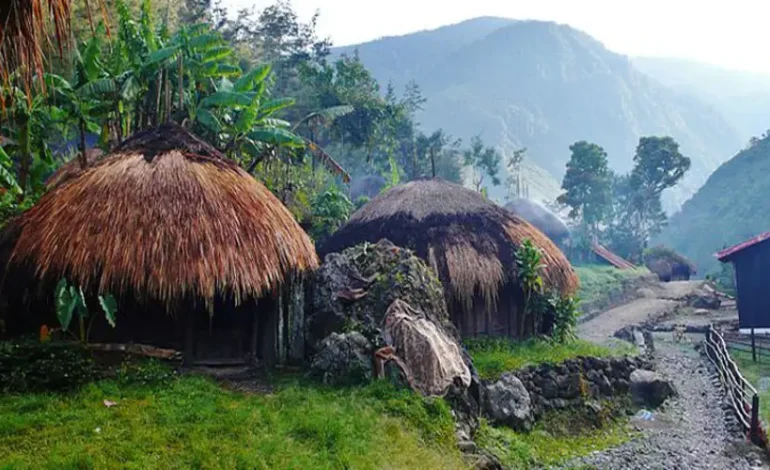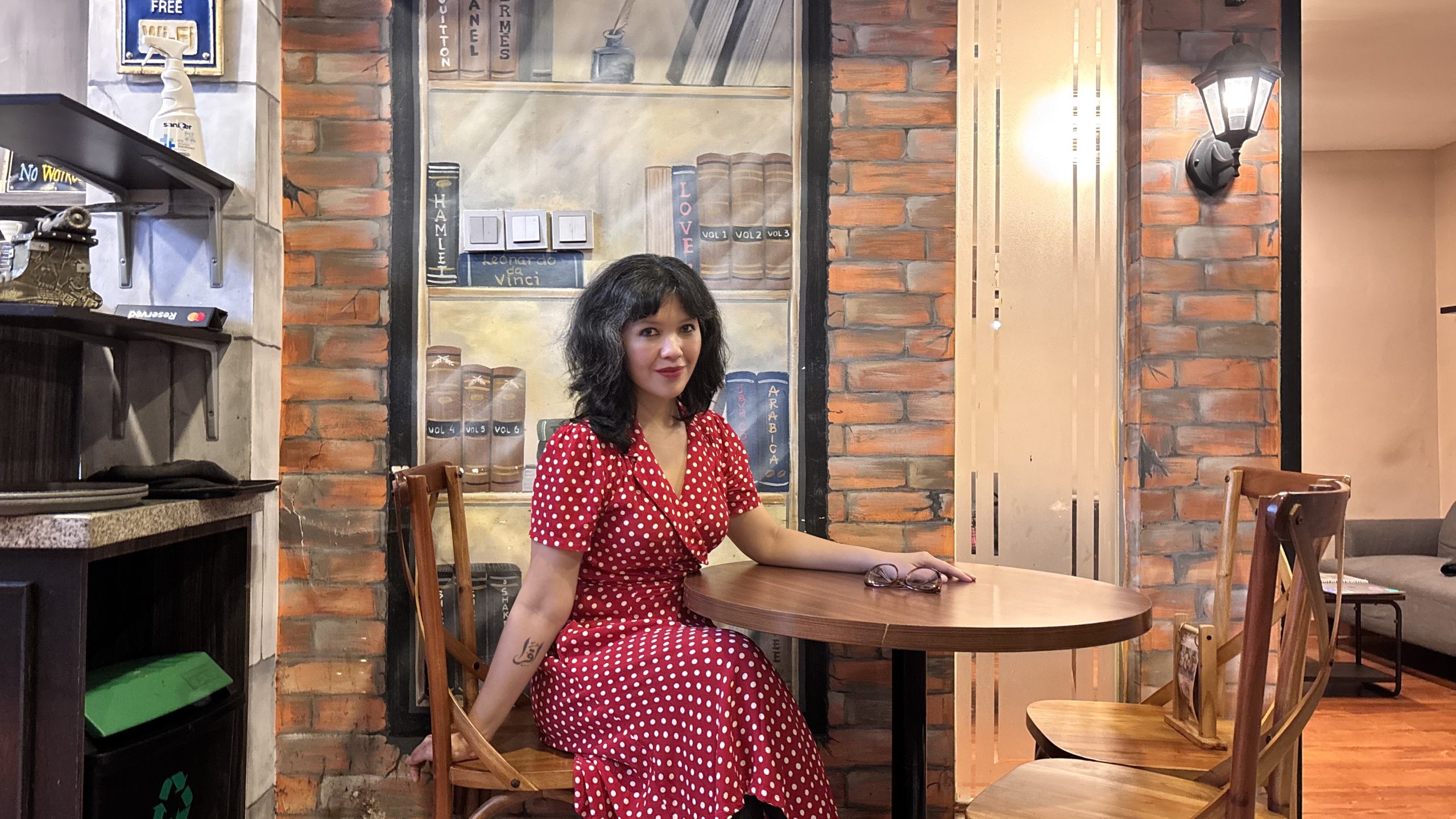‘Hospital Playlist’ Meredefinisi Komitmen Lewat Konflik yang Humanis


Salomina Pabika, 28, the principal of the YPPK Santo Yosep primary school in Yumugima in Siep Kosi district, Papua, remembers the day that changed her many years ago.
She was in junior high school when she saw village administration officers gathering single mothers in the Yumugima district office. The officials questioned the mama-mama, as grown-up women who have been married are addressed there, about why they would not remarry with men who had proposed to them. These men were well-known figures and leaders in the village. Often they were already married and even had more than one wife.
“I imagined that when I became an adult, I would stand up against these men and declare that what they were doing was not right,” she said.
In the culture of the Baliem Valley in Jayawijaya, widows are marginalized if they do not remarry. Salomina’s single mother was one of the women ridiculed and discriminated for rejecting marriage proposals.
One day during Acara Duka, a post-funeral ceremony for the Dani tribe, the village chief told the men in the village that widows would no longer receive help with their labor and portions of the village’s land. The decision disadvantaged the mama-mama because they rely on the fertile soil in Jayawijaya for their livelihood. The women were told that if they still wanted to receive socioeconomic support from the village, they would need to join the government’s Family Welfare Movement (known by its Indonesian abbreviation PKK). The thing is the organization was not even functioning in Yumugima.

Men in Yumugima seek to marry widows for various reasons, Salomina noted. Asides from sexual reason, the women are expected to bear the men children, and, because they are valued for being independent and hard-working, to help them with household activities. The locals also believe that a man with many wives is a great man.
Many men do not take “no” for an answer. After rejecting marriage proposals, some widows experience sexual harassments, particularly when working alone in the forest or in the field.
“Other than having their resources and involvement in the community restricted, their experience is akin to human trafficking,” said Salomina. “A man gave the widow’s family financial resources in order to buy her, and if the family accepted it, she was forced into the marriage.”
In the past, customary leaders and village administration had ignored the plight of the widows. Initially churches and social groups were also silent about the threats and discriminations experienced by the women. The situation prompted Salomina, who has a bachelor’s degree in theology, to think up of a platform to empower the widows within that patriarchal structure that marginalized them.

In 2012, she established Komunitas Humisoge Santa Monica Yumugima. The members were women congregation of the Yumugima chapel, and a priest oversees the community’s group activities.
The first thing that Salomina did was to raise the awareness that widows do not have to accept proposal from married men in the village. With a few other women, she demonstrated that a widow could stay independent and sustain her children’s needs by producing local crafts such as noken, the knotted or woven bags used by Papuan women to carry children and goods, and jewelries from pigs’ tooth.
Every Wednesday, the mama-mama janda (widows) gather to pray before they work on their crafts. They pray to Saint Monica, the saint of widows, as their protector. To ensure a sense of ownership over the community, the chairwoman, secretary, treasurer and other leadership positions within the organization are all held by widows. They also now collaborate with other women from community life skills groups to exchange ideas and moral support.
When the group first started, some women felt discouraged because they did not have the money to buy strings to make noken that are made in factories. However, Salomina encouraged them to produce it the traditional way. The community women go to the forest to collect branches and fruits for their materials. The leaves from the branches and its outer layers were removed to extract the fiber that was then soaked in water. This fiber is then separated into thin strings that are used to create strong and long-lasting ropes.

“Mama-mama use their ancestors’ method because, for them, this activity expresses a part of their identity as Baliem women,” said Salomina.
The mama-mama also learned how to create Noken dresses, vests, bags, and hats from traditional materials. They use strings made from wood branches and natural coloring from fruits in the forest. Creating dresses, vests and hats is something novel for them, and it is challenging because they had to learn to do it themselves, but they are happy with the finished product.
Meanwhile, Salomina continues to speak out in village and church meetings about human rights and self-determination, particularly for the widows’ choice to not remarry. In the meetings, Salomina points out that the village can allocate 15 percent of their fund for women’s empowerment, but the community never receives any support in their struggle to support the lives of widows. If she had the resources, Salomina said she wanted to have a space for the women to create and sell their crafts, because currently they make and store them in the honai kitchen, the traditional Papuan house.
Salomina is married to a man from outside of Yumugima, so she is not an actual member of its community. However, she and her husband Hengky actively advocate a dialogue about this issue in the communities, even outside of Yumugima. They both hope that local leaders in the church and government will pay more attention into the women’s rights violations that are still happening in Jayawijaya, and that necessary regulations will be in place to respect the human rights of these women to live safely.
These aspirations require a structural change that will take much longer time to achieve than merely producing and promoting local crafts. Nonetheless, Komunitas Humisoge Santa Monica Yumugima demonstrates that the status quo does not have to continue.
Thea Yantra Hutanamon is an occasional writer with broad interests ranging from Indonesian literature to the social determinants of health.






















